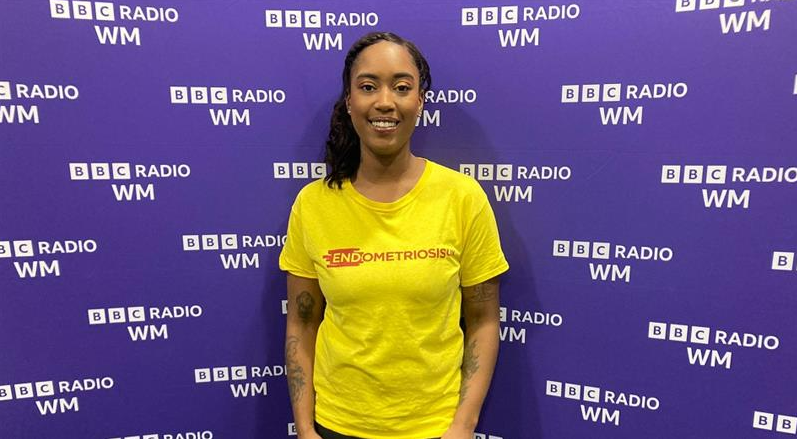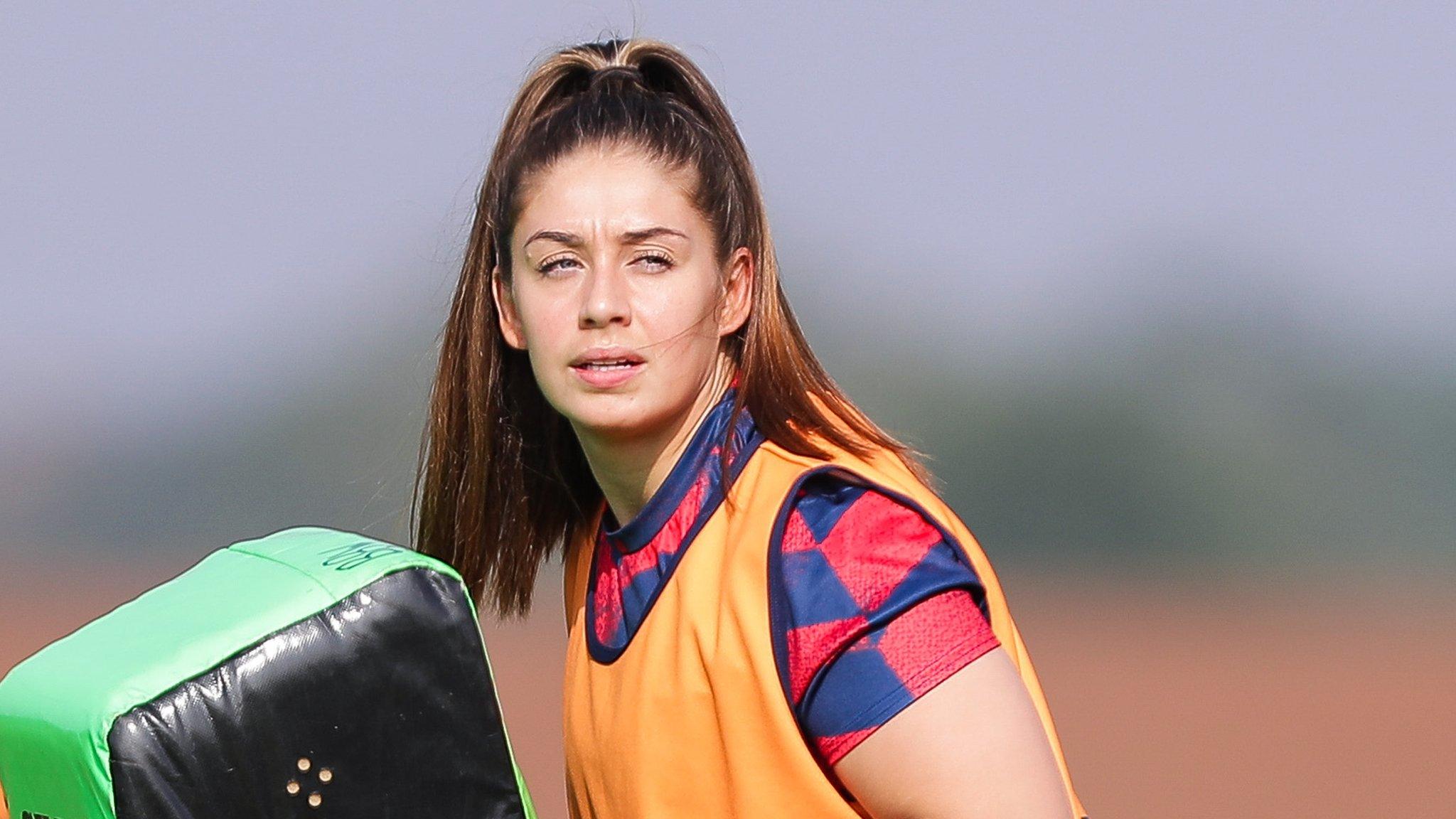Woman crowdfunds for endometriosis surgery

At its worst, Ellie Taylor said she can take up to 30 tablets a day to deal with her endometriosis
- Published
A woman with a severe form of endometriosis says she has started a crowdfunding bid to help pay for crucial surgery.
Ellie Taylor, from Sandwell in the West Midlands, has had the condition - where tissue starts growing outside a woman's uterus - for more than 10 years.
The 25-year-old Birmingham ambassador for Endo-UK said she had been struggling to cope with the monthly pain and now needed bowel surgery.
She said she felt it was a misunderstood condition, not helped by a lack of funding to further research.
She first started experiencing symptoms at the age of 11, but said she had no idea what it was and lived with excruciating pain until her diagnosis last year.
"It was just horrible," she said.
"There was just one part of me thinking, am I just not as strong as other women? Am I just being dramatic about it? Am I over thinking it?
"But it got to a point where it was, no, something has to be wrong here. I followed my gut... it's more than just a bad or painful period."
Letting people down
Ms Taylor said it was not uncommon for a diagnosis to take time, in many cases more than 10 years.
She said it had affected her life in many ways - during school and then in the workplace, when she needed to take time off due to the pain, which made her feel like she was letting people down.
At its worst, she said she could take up to 30 tablets a day, including morphine and tramadol.
She has had already had surgery, but has been told her endometriosis has returned and she now needs a bowel resection.
But she said the waiting list was "horrendous" and her mental health was now really low.
"Every single month it's the same thing of just not coping," she said.
She added her medication was inducing menopause, which at the age of 25 was "not the greatest thing".
She is now attempting to raise enough money to pay for the operation privately, and hopes diagnosis and treatment for other women will improve.
"The state of how things are for women with this condition is just not good enough - the waiting times, lack of care in the meantime," she said.
Related topics
- Attribution
- Published6 February 2023
